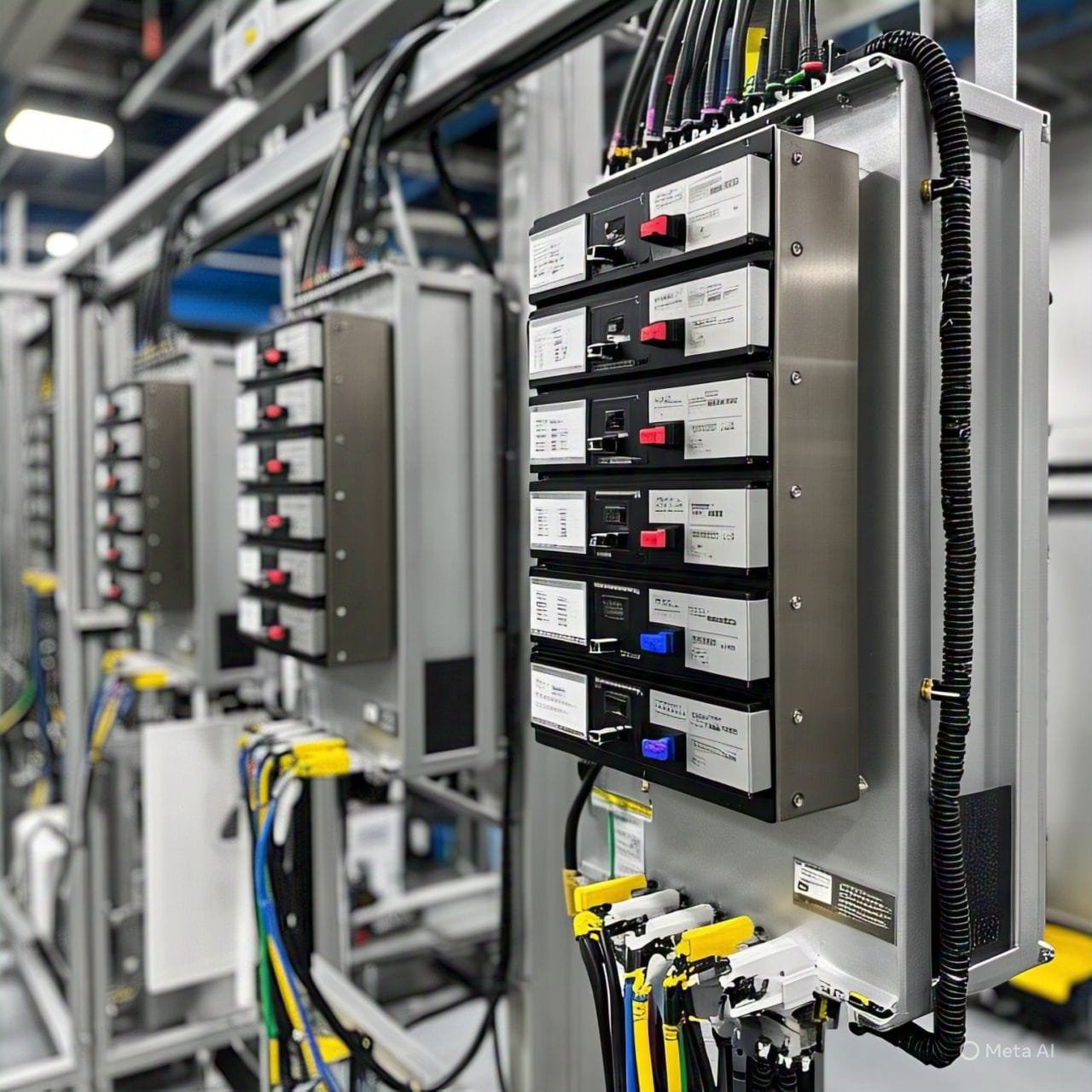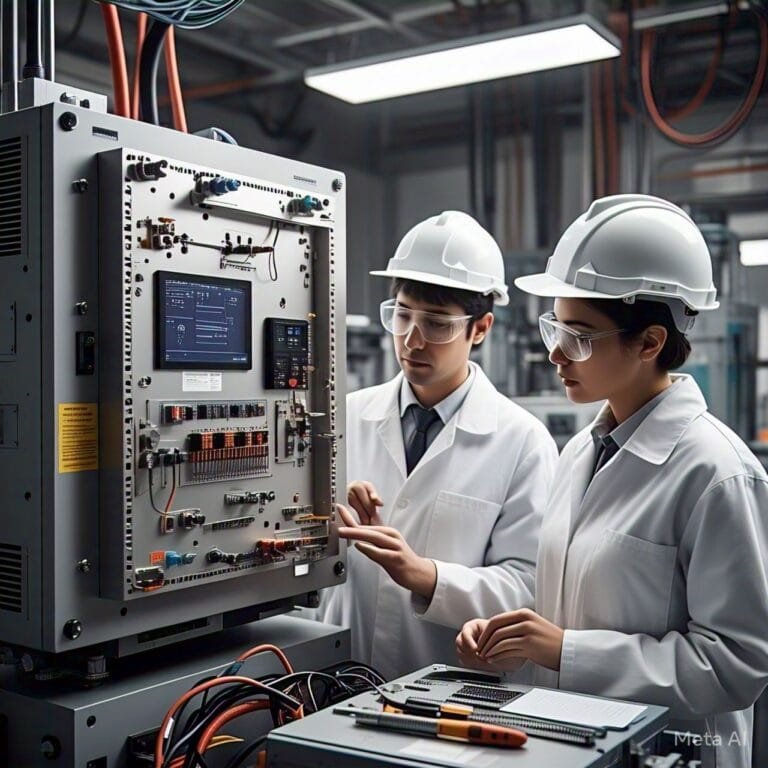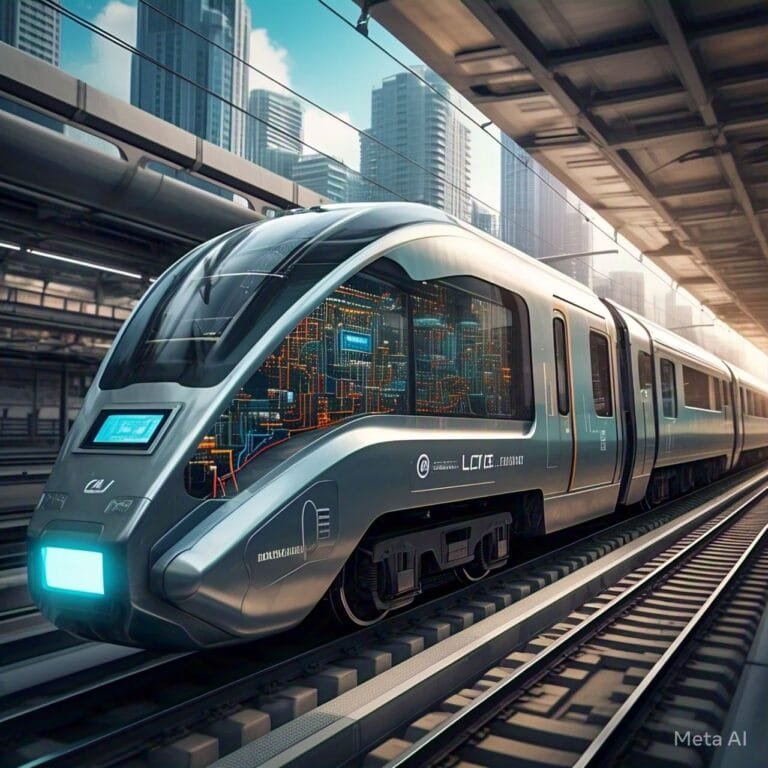The Role of PLCs in Process Control and Safety Systems
Introduction
Programmable Rationale Controllers (PLCs) play a significant part in present day mechanical robotization by upgrading prepare control and guaranteeing security over different businesses. These gadgets empower exact control, checking, and computerization of apparatus and forms, making them crucial in divisions such as fabricating, vitality, and chemical preparing. In this article, we will investigate the part of PLCs in handle control and security frameworks whereas talking about key modules like 140DDI36400 and 140AVI03000.
What is a PLC?
A Programmable Rationale Controller (PLC) is an mechanical computerized computer outlined to oversee electromechanical forms. Not at all like conventional control frameworks, PLCs offer more noteworthy adaptability, programmability, and real-time preparing capabilities. They are commonly utilized to computerize generation lines, control complex apparatus, and screen safety-critical operations.
Importance of PLCs in Handle Control
PLCs contribute essentially to prepare control by keeping up effectiveness, exactness, and consistency in mechanical operations. Key viewpoints include:
1. Real-Time Checking and Control
PLCs ceaselessly screen input signals from sensors and other gadgets, prepare the information, and alter yields in like manner. This guarantees that frameworks work inside ideal parameters.
2. Computerization of Mechanical Processes
By coordination PLCs, businesses can robotize monotonous assignments, minimizing human intercession and blunders. This leads to expanded efficiency and fetched savings.
3 Adaptability and Flexibility
Modern PLCs are secluded and versatile, permitting businesses to extend or alter their computerization frameworks based on advancing needs.
4. Made strides Information Collection and Analysis
PLCs collect endless sums of real-time operational information, which can be analyzed to distinguish patterns, progress productivity, and foresee support needs. This data-driven approach improves decision-making in mechanical environments.
Safety Frameworks and the Part of PLCs
Safety is a best need in mechanical robotization, and PLCs play a crucial part in keeping up it. A few basic security capacities include:
1. Crisis Shutdown Frameworks (ESD)
PLCs screen basic parameters and consequently trigger shutdown methods in case of perilous conditions, avoiding mishaps and gear damage.
2. Excess Control Systems
To guarantee framework unwavering quality, businesses actualize repetitive PLC structures. If the essential framework comes up short, the reinforcement framework takes over, keeping up continuous operations.
3. Security Interlocks and Alarms
PLCs oversee security interlocks, avoiding risky conditions. They moreover produce alerts and alarms to inform administrators around potential risks.
4. Fire and Gas Location Systems
Many businesses, such as oil and gas, depend on PLC-based fire and gas location frameworks to screen dangerous gasses and potential fire episodes. When unsafe conditions are identified, PLCs trigger cautions and enact moderation measures.
5. Compliance with Security Standards
Industrial robotization must comply with exacting security controls, such as ISO 13849 and IEC 61508. PLCs are planned to meet these security necessities, guaranteeing compliance and minimizing risk.
Key PLC Modules in Handle Control and Safety
Certain PLC modules are fundamental for accomplishing productive handle control and security. Two striking modules include:
1. Advanced Input Module
The 140DDI36400 is a advanced input module utilized in Modicon Quantum PLCs. It provides:
- High-speed handling of advanced signals
- Reliable checking of security switches and sensors
- Compatibility with mechanical control frameworks for consistent integration This module is significant in applications requiring quick and exact advanced flag acquisition.
2. Analog Input Module
The 140AVI03000 is an analog input module that plays a key part in handle control by:
- Collecting real-time information from analog sensors (temperature, weight, stream, etc.)
- Enabling exact control of mechanical processes
- Enhancing framework soundness through precise information securing This module is fundamental in businesses where exact estimation and checking are required.
Applications of PLCs in Different Industries
1. Fabricating Industry
PLCs control transport belts, automated arms, and get together lines, guaranteeing smooth operation and tall effectiveness in production.
2. Oil and Gas Industry
PLCs screen weight levels, gas streams, and crisis shutdown frameworks to anticipate perilous occurrences in refineries and boring operations.
3. Control Plants
In control era offices, PLCs direct turbines, generators, and substations, guaranteeing steady vitality generation and distribution.
4. Water and Wastewater Treatment
PLCs control pumps, chemical dosing, and filtration forms, keeping up water quality and effective squander management.
5. Car Industry
Automobile fabricating plants utilize PLCs to mechanize welding, portray, and get together forms, moving forward accuracy and productivity.
Advantages of Utilizing PLCs in Prepare Control and Safety
- PLCs offer a few focal points that make them the favored choice in mechanical automation:
- High Unwavering quality: Planned for unforgiving situations, PLCs guarantee nonstop operation.
- Fast Handling Speed: Empowers real-time information securing and decision-making.
- Easy Investigating: PLCs give symptomatic highlights that disentangle blame location and maintenance.
- Energy Proficiency: Mechanization through PLCs diminishes vitality utilization and operational costs.
- Cost-Effectiveness: In spite of the fact that PLCs require an starting speculation, their long-term benefits exceed costs by decreasing manual labor and downtime.
- Remote Checking and Control: Cutting edge PLCs can be coordinates with IoT and SCADA frameworks, permitting administrators to screen and control forms remotely.
- Customization and Integration: PLCs back different programming dialects, making them versatile to diverse robotization needs and simple to coordinated with existing systems.
Future Patterns in PLC Technology
The field of PLC-based robotization is ceaselessly advancing. A few developing patterns include:
- Industrial IoT (IIoT) Integration: PLCs are progressively being associated to cloud-based stages for upgraded information investigation and farther control.
- Artificial Insights and Machine Learning: AI-driven PLCs can optimize forms by anticipating issues and recommending remedial actions.
- Edge Computing: Present day PLCs presently highlight built-in edge computing capabilities, permitting speedier information handling and decreasing reliance on central servers.
- Wireless Network: Progressions in remote advances are empowering PLCs to communicate consistently with sensors and other control systems.
Conclusion
PLCs are at the heart of present day mechanical prepare control and security frameworks. Modules like 140DDI36400 and 140AVI03000 improve proficiency and unwavering quality in mechanical applications. By executing PLC-based robotization, businesses can accomplish moved forward efficiency, improved security, and consistent operations. Contributing in progressed PLC innovation is basic for businesses pointing to remain competitive in today’s automation-driven world. As modern innovations like IIoT and AI proceed to develop, PLCs will stay a crucial component in the future of mechanical mechanization.






